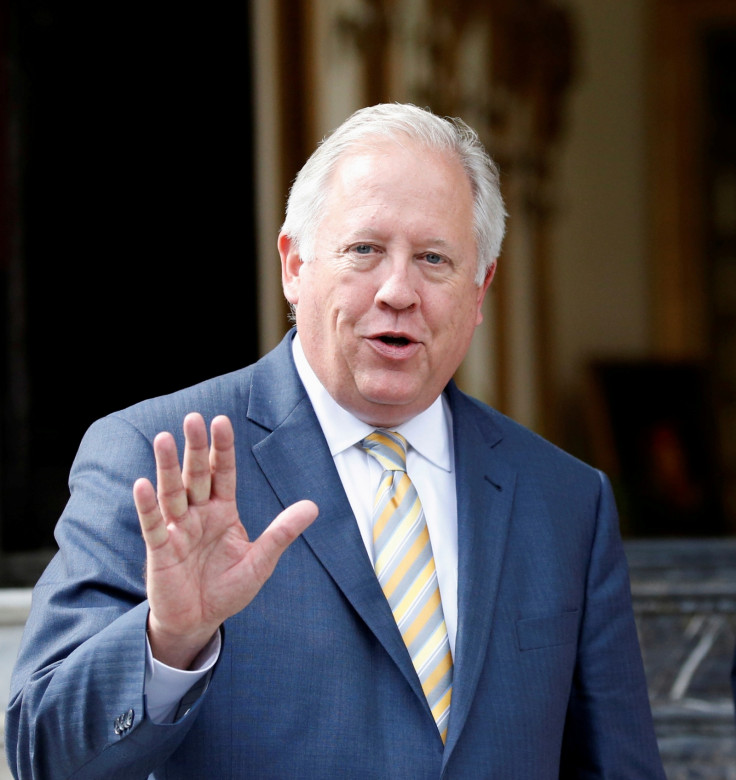US diplomat Thomas Shannon says China must be held 'accountable' for India's NSG failure
Thomas Shannon also said what China is doing in South China Sea is 'madness'.

A week after India suffered a setback in gaining entry into the Nuclear Suppliers' Group (NSG), a US diplomat has said the country that objected to it should be held "accountable" for the failure. Hinting at China, State Under-Secretary for Political Affairs, Thomas Shannon, said "one country can break consensus" and he "regrets" that the US could not get India to be a part of the nuclear bloc.
However, he added that China should "not be isolated" for not agreeing with the US on India's NSG bid. He also complained about China's sweeping claim of domination in the South China Sea, calling it "madness".
Shannon said the US is "not giving up" on its hope to include India in the elite nuclear group and that both the countries will have to "sit down and talk to each other and determine what our next steps will be", The Hindu newspaper reported.
"We are committed to having India join the Nuclear Suppliers Group. We believe that through the kind of work we have done, the civil nuclear agreement, the way India conducted itself it is worthy of this.
"We regret that in Seoul we and India were unable to open the space necessary to allow India to get into the NSG at the moment, but we are not giving up," he told the Indian media during a recent interaction.
Shannon's comments are reported to be the strongest that the US has made against China in the recent past, indicating how frustrated Washington has been with China's dominance in the continent.
"As China works to secure the South China Sea as an area of strategic importance for it, it does so not with the intention of going into the blue Pacific, but with going into the Indian Ocean and broadening its presence in the Indian Ocean," Shannon said on his first visit to India since he took over as under-secretary.
He met India's Foreign Secretary S Jaishankar on Wednesday (29 June) for bilateral talks and promised Washington's support to New Delhi in ensuring that India remains the "natural power" in the Indian Ocean. He called India an "anchor of stability" in the Asia Pacific region.
© Copyright IBTimes 2025. All rights reserved.





















